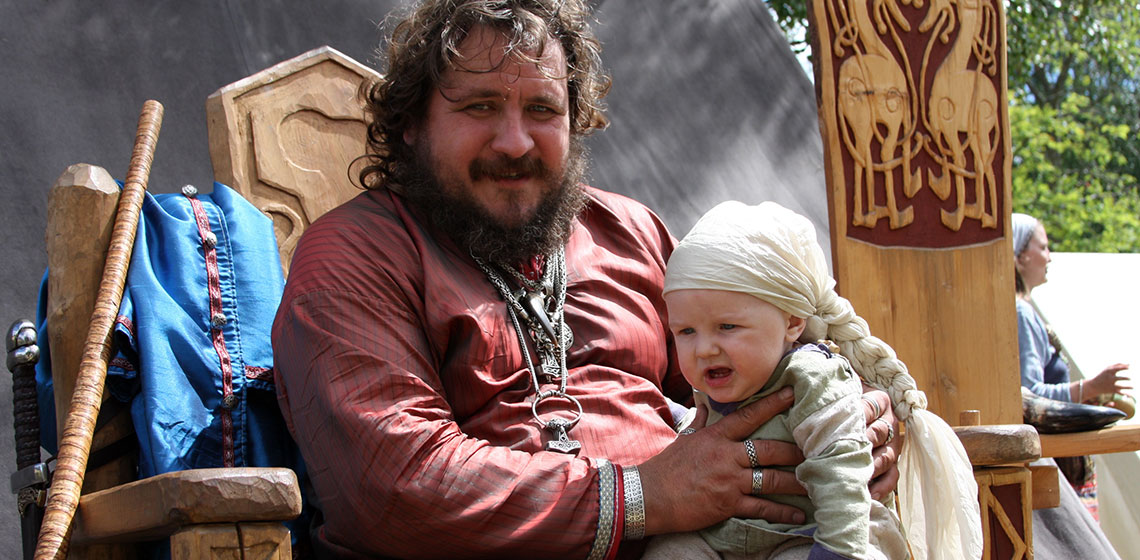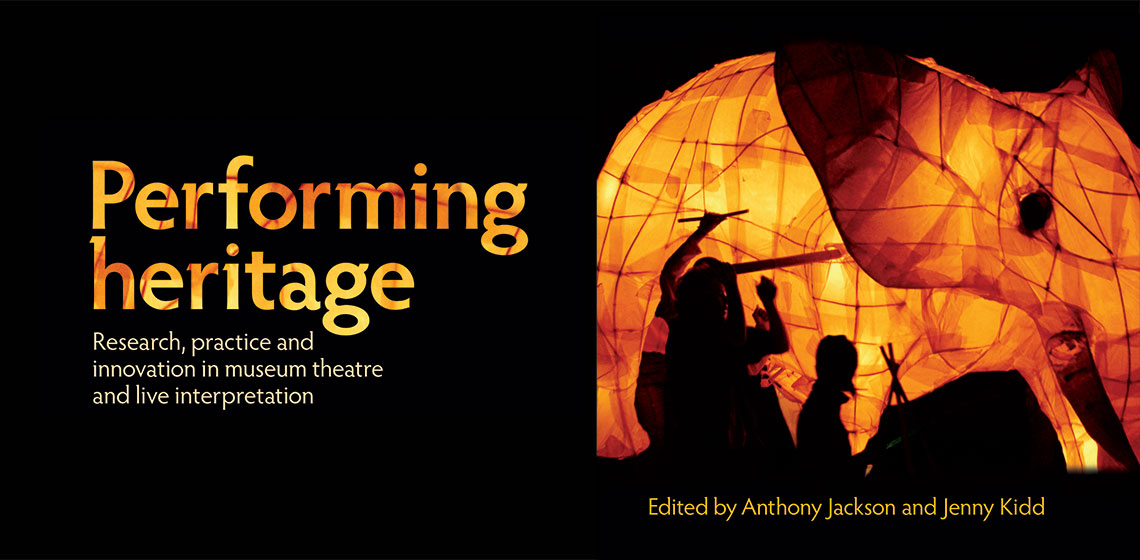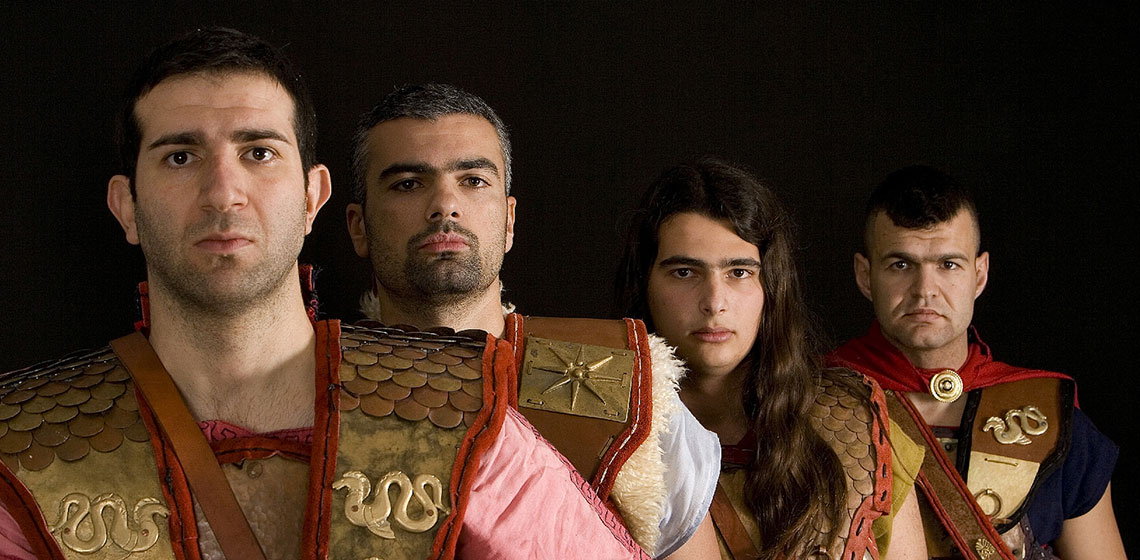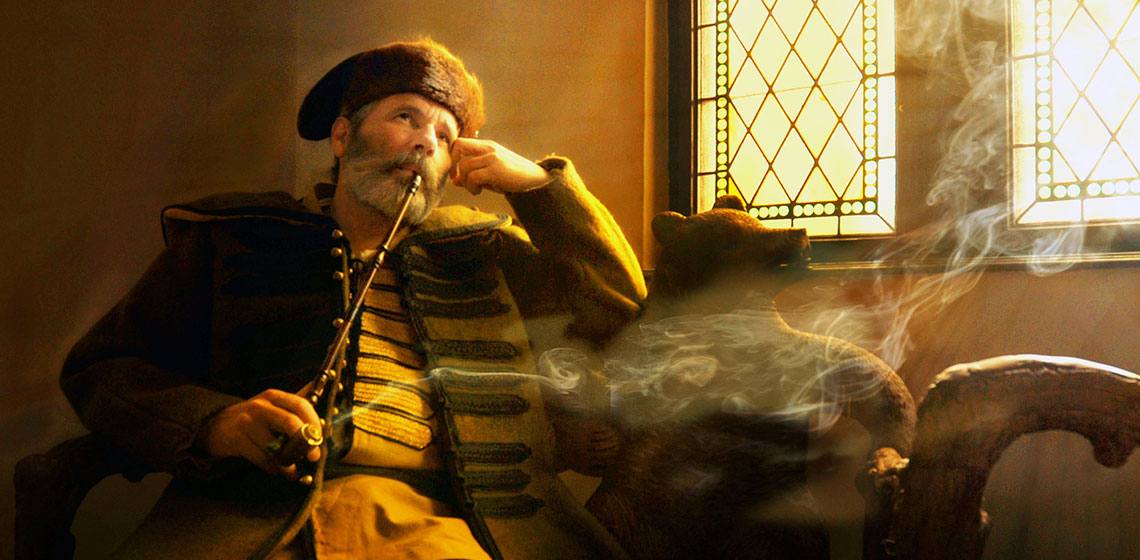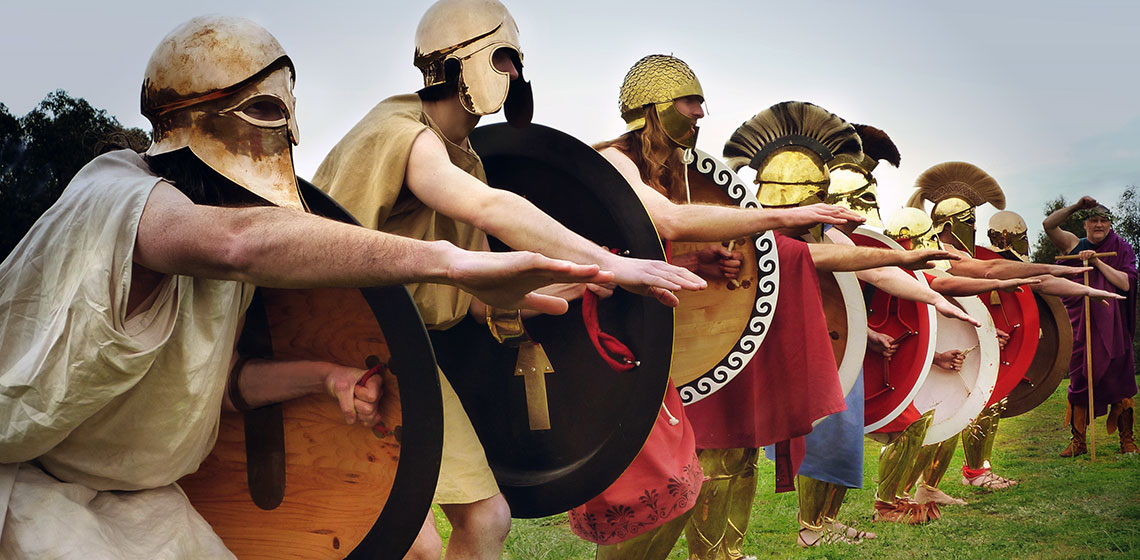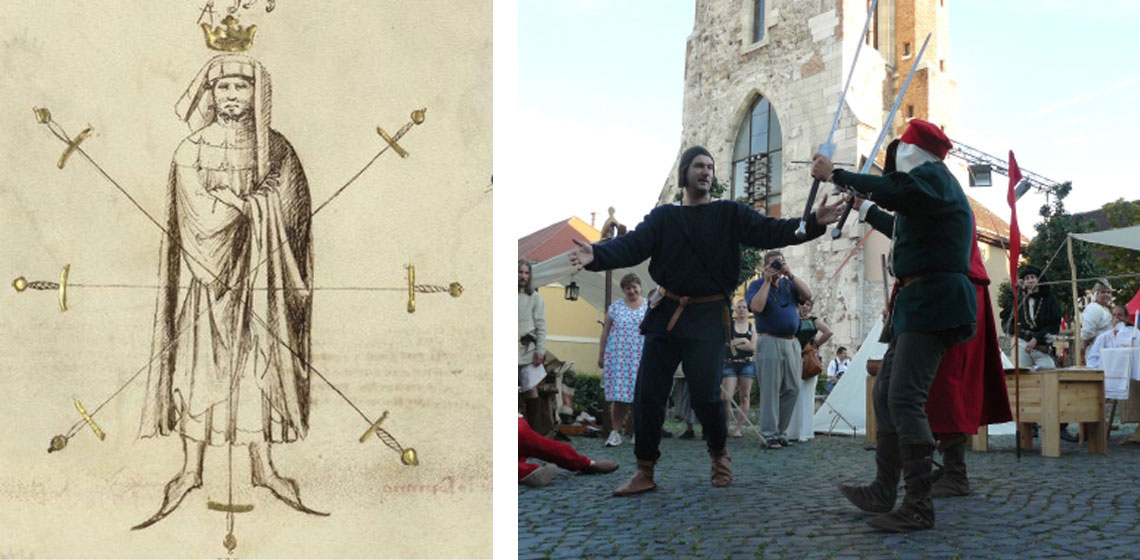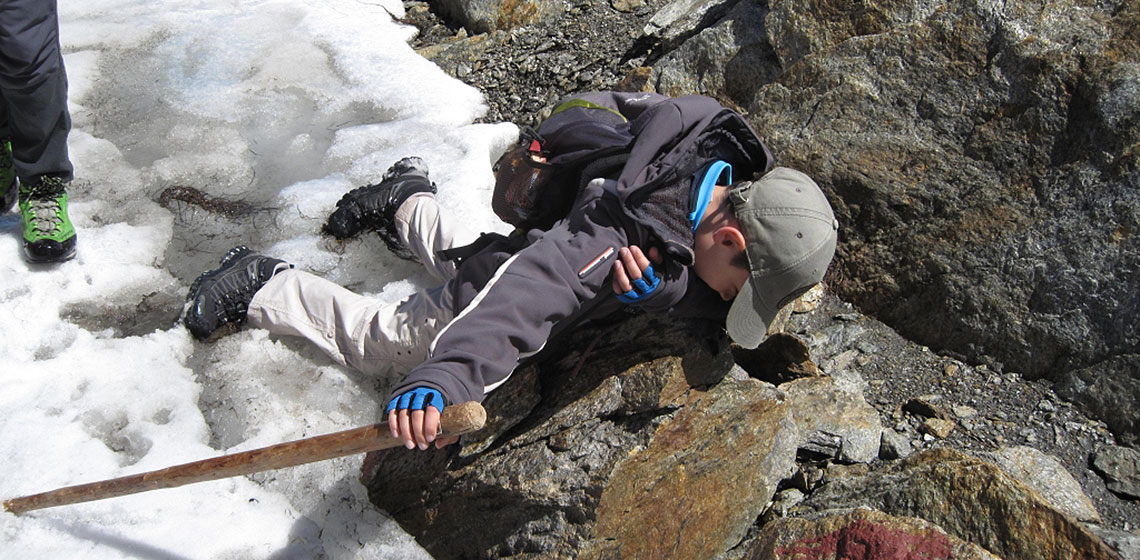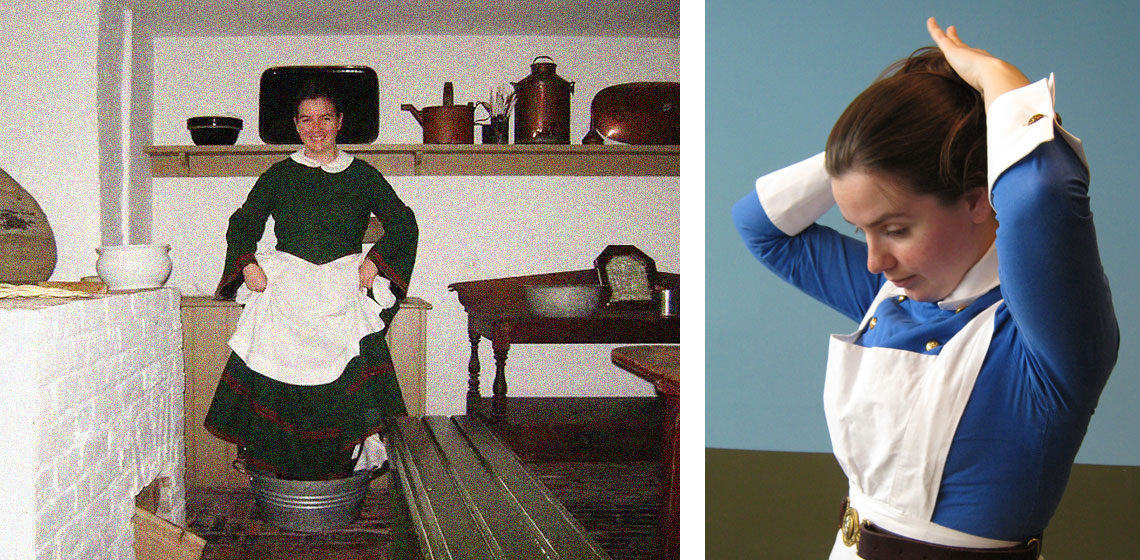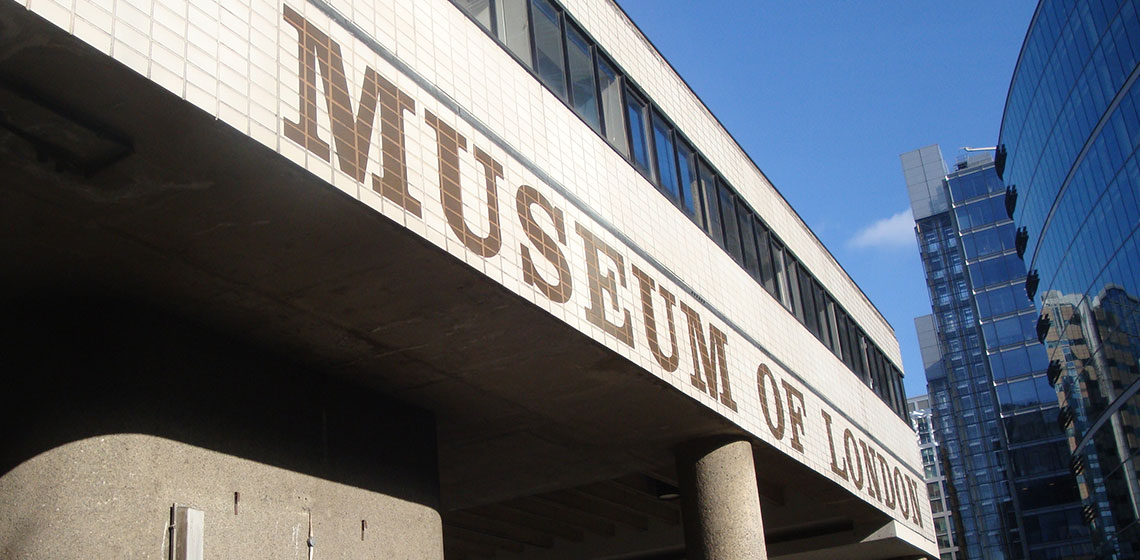living history
Book Review: Performing Heritage: Research, Practice and Innovation in Museum Theatre and Live Interpretation by Anthony Jackson & Jenny Kidd (eds)
Interview: the Association of Historical Studies Koryvantes
Interview: Scientific Tools Applied within Archaeology and Historical Re-enactment: Dr Gábor Szollosy on the Implementation of Experimental Archaeology in Hungary
How do you personally approach the concept of experimental archaeology?
Experimental archaeology - in my opinion - has the main and only aim to find answers to questions where classical archaeological methods fail to find them.
Interview: Ancient Hoplitikon, "Poorer Cousin" to History Academia or alternative XXI Century Interpretation of History?
Historical European Martial Arts (HEMA) and Reenactment - Concept, Problems, Approaches in Our Experience
Archaeological Live Interpretations, Docu-Soaps and Themed Walks: Similarities and Differences
Introduction
For many years, the public has become increasingly aware of historical and archaeological topics, a phenomenon to which large-scale and well-attended exhibitions, so-called ‘medievalmarkets’, the continual success of historical TV-documentaries, and a booming market in specialized books and magazines may attest. Living history formats on television or historical docu-soaps also attract millions of viewers (see, for example, Schwarzwaldhaus 1902, SWR 2002; Steinzeit– DasExperiment, SWR 2007).
Interpreting the Interpreter: is Live Historical Interpretation Theatre at National Museums and Historic Sites Theatre?
Presenting the Discussion
The majority of the people Scott Magelssen interviewed were museum curators and historical interpreters, and their answers were broken up into three main categories:
1. No (mainly because there is no script), 2. Yes, it is a form of theatre, 3. Of course it is theatre. (Magelssen 106-119)
“You could See it [the Past] in your Mind”: What Impact might Living History Performance Have on the Historical Consciousness of Young People?
Combining theoretical perspectives with two case studies carried out in 2008 with British students aged from 10-17 years old, this paper will explore how living history might contribute to the development of young people’s historical consciousness and help them to cope with the social and cultural differences which confront them when learning about the past. In particular, it will focus on the effectiveness of first- and third-person interpretation.
